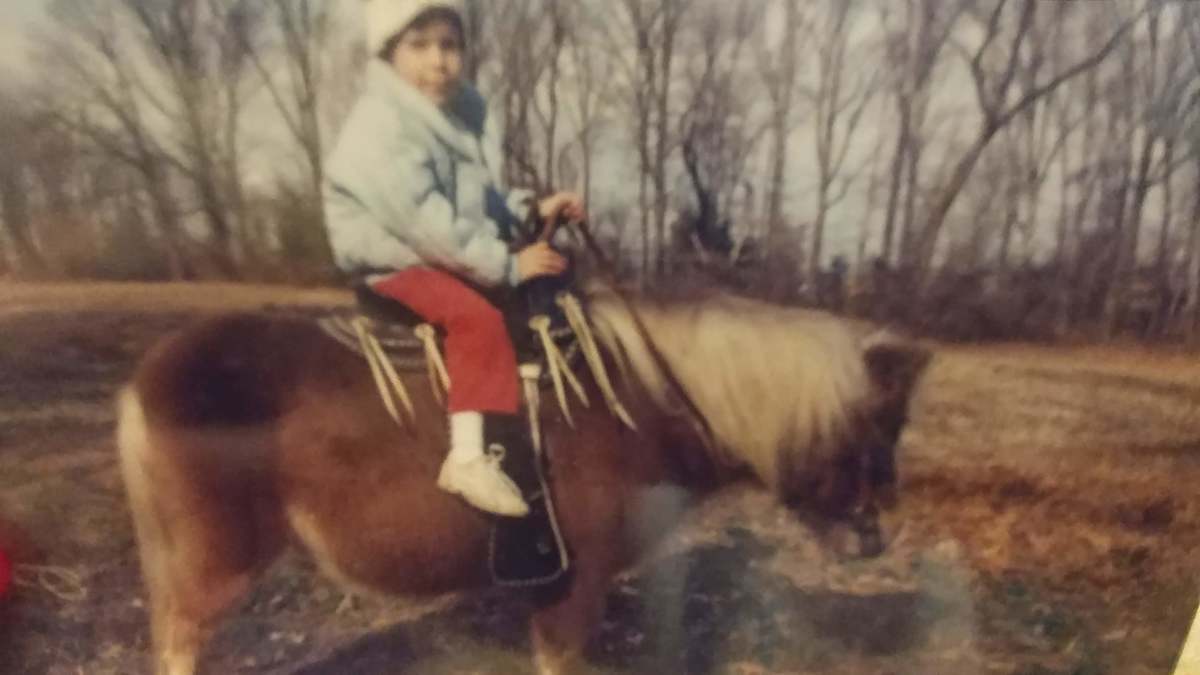- HubPages»
- Family and Parenting»
- Teens»
- Advice & Tips for Parents of Teens
Warning: Do You Recognize These 13 Warning Signs of Teenage Depression?

Teenage Depression is Not Normal
Contrary to popular belief, teenage depression is not normal.
A stable, balanced teenager will cope with what life throws his or her way, despite the difficult teen years.
Granted, a stable, balanced teen may also experience mood swings or have acting-out episodes, but the depressed teenager is filled with sorrow, despair and self-loathing.
Identifying the Signs of Teenage Depression
Sometimes it’s hard to identify depression in a teenager; they don’t always show their overwhelming sense of sorrow.
Ask me, I know.
My son Danyil-Jon suffered from deep depression from the age of 14 to 16 years old, and most of that time, I had no clue (this coming from a mother who prided myself on my ability to feel with others; to see sadness in others when no one else couldn't).
How could I have missed the signs, even though I had been a crisis counselor for many years?
Simple really.
He kept his feelings from me, probably because he felt tremendous shame towards himself. But this I only knew much later on.
Kids who suffer from depression don’t always appear sad, and they don’t always withdraw from others. It may appear as irritability, sensitivity, aggression or rage.
If your teen is struggling with life, watch out for these signs:
- Sadness/hopelessness
- Restlessness/agitation
- Irritability, anger or hostility
- Feelings of guilt/shame/worthlessness
- Lack of enthusiasm/no “spark”
- Tearfulness/sensitivity/frequent crying
- Fatigue – sleeps often
- Withdrawal from others
- Difficulty concentrating
- Loss of interest in activities
- Change in eating and sleeping habits
- Thoughts of death/suicide
- Unexplained aches and pains

Other, Less Common Signs of Teenage Depression
What other signs may indicate teenage depression?
- Problems at school – grades start dropping, or the teenager is absent frequently.
- Running away
- Drug and alcohol abuse
- Overeating, bulimia, anorexia
- Low self-esteem
- Internet addiction
- Reckless behavior
- Violence
- Self-mutilation
- Poems or writing about death
My Personal Encounter with Teenage Depression
My son became depressed when a teacher at school started bullying him, being downright abusive, and influenced other teachers to treat him with disdain, as if he was a rebellious thug.
At the same time, he experienced bullying from many of the kids at school.
An intelligent boy, his grades started dropping, he started writing dark poems and drawing dark art. He slept a lot, tried being absent from school many time, and had tremendous difficulty concentrating.
He was restless, very sensitive, sad, showed no enthusiasm, and although a very gentle boy, became prone to fits of rage at odd and infrequent times.
He came to rely heavily on his eye ring for a sense of identity, and wore a black leather jacket as if it were a comforting baby "blankie". It was his “protection” against a world that rejected him.
Even when the sun was at its hottest, and the perspiration was pouring down his face, my son would keep his hot leather jacket on.
Once I realized he was being bullied by teachers, I started addressing the problem.
I was not successful, even though the matter ended up at the Department of Education.
It was hard trying to just get him through the year before I was forced, for his sanity, to remove him from the debilitating school.
I took him to a psychologist for the last few months of the year, just to help him cope better, and thankfully we had a good relationship where I could try to encourage him as best I could.
I think just being there for him, believing him when he came back from school with stories of teacher abuse, and listening, was the most important thing I could do for him at the time.
And prayer. A lot of prayer.
It's Not Always Easy to Identify Teenage Depression

What Can You Do if Your Teen is Depressed?
Don’t just leave it and hope for the best.
My biggest mistake was not believing that teachers were actually ganging up against him and targeting him.
Find out what’s wrong and be there for your son or daughter.
Too many parents have found out about their child’s depression too late. If your teen is acting out in his or her behavior, there is a reason for it. And even though the root cause of the depression may not seem important to you, to him or her it is. So much so, that he or she suffers with depression over it.
Which often leads to suicide.
What can you do?
- Communicate with your teen, try to really listen
- Have patience...a lot of patience
- Consult a psychologist
- Read books on how to help your teen (see resources below)
- Consult your GP for nutritional advice (many teens suffer from depression because they don't get the right nutrition), or
- Buy supplements such as the one above










